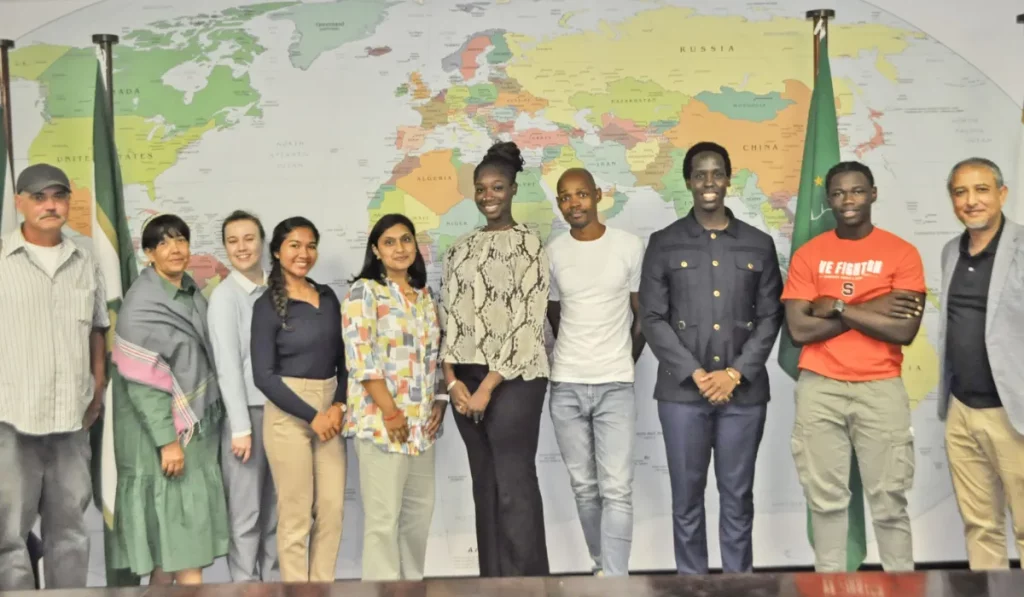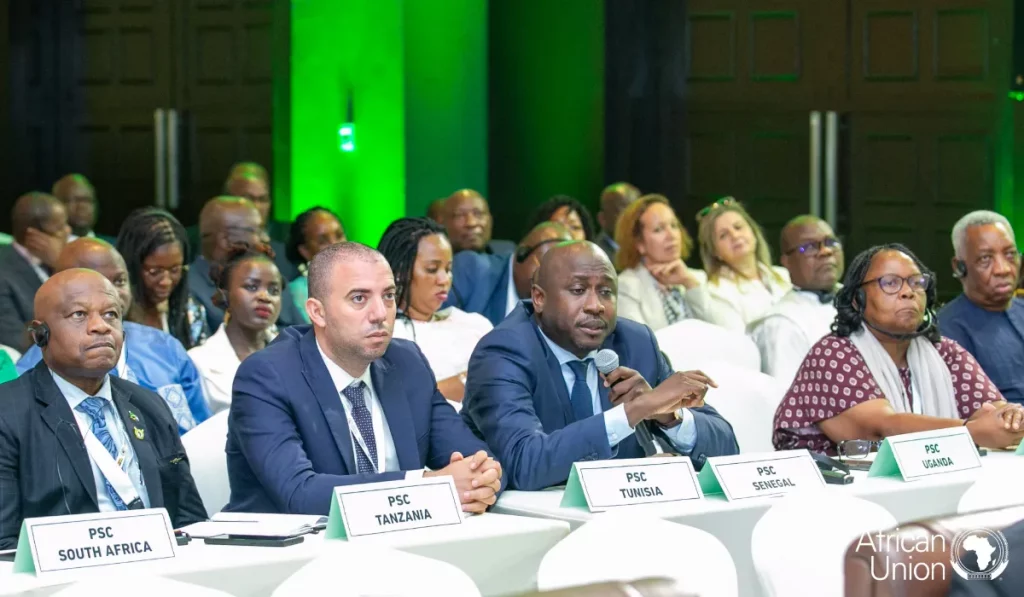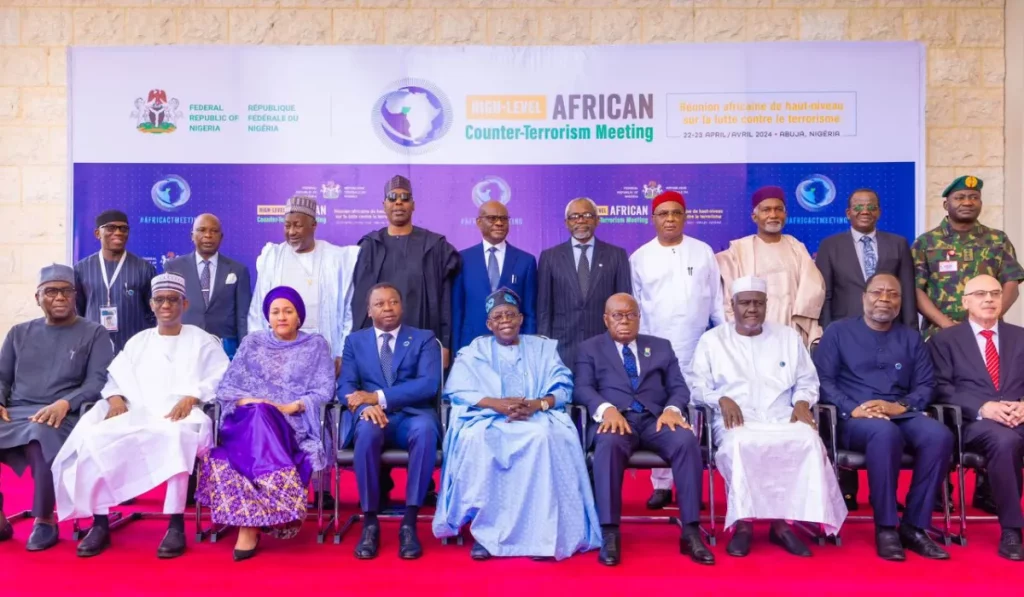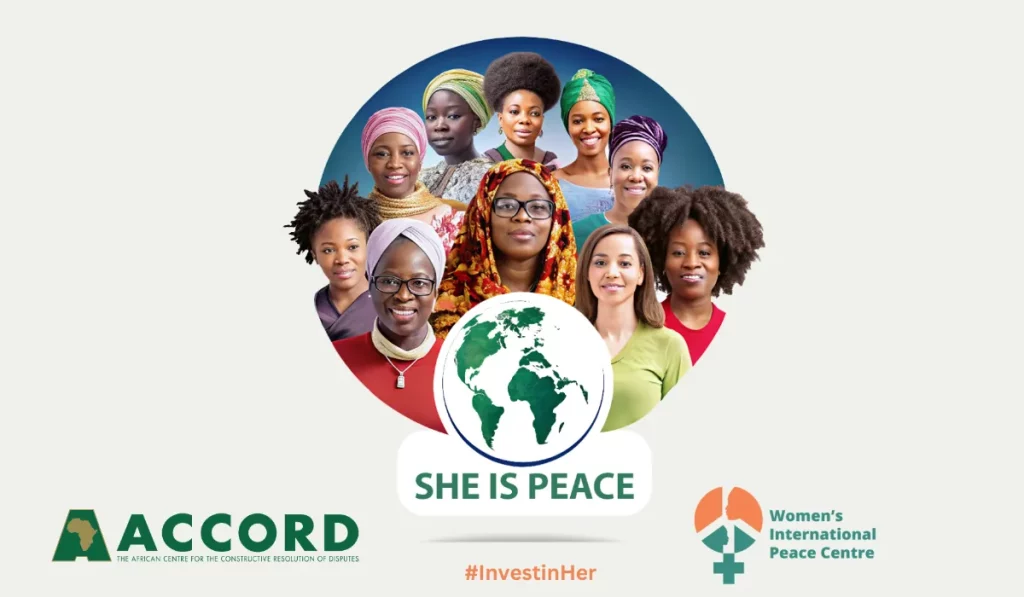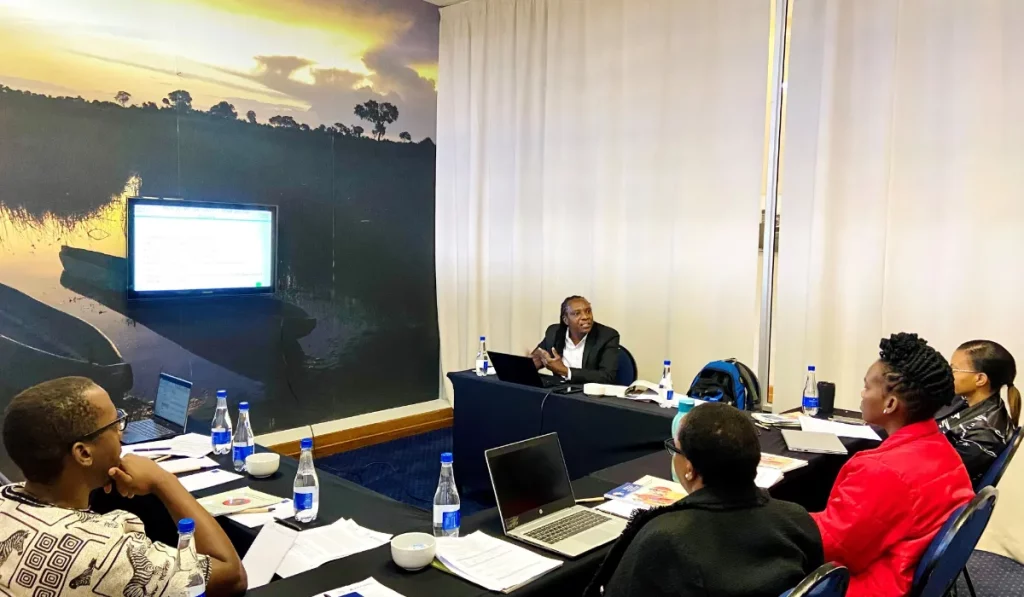Civil society delegates attending the ACCORD-hosted GPPAC Southern Africa Network Meeting, held in Midrand, South Africa on 30 and 31 August 2012, concluded the meeting by agreeing on two conflict prevention priority areas to be included in the Network’s annual plan for implementation during 2012/2013.
The meeting, held under the theme ‘Strengthening Capacities for Peacebuilding and Conflict Prevention’, was attended by 20 participants from nine countries in southern Africa (Botswana, Madagascar, Malawi, Mozambique, Namibia, South Africa, Swaziland, Zambia and Zimbabwe). Keynote presentations were given by, among others, expert presenters from the Open Society Initiative for Southern Africa (OSISA) Swaziland Programme, the Institute for Security Studies (ISS) South Africa Office, United Nations Development Programme (UNDP) Zimbabwe, and ACCORD. These presentations set the stage for discussion, reflection and deliberation on what should be the key priorities for civil society when contributing to conflict prevention initiatives in countries in southern Africa.
The main outcome of the meeting was agreement and emphasis on two key priority activities for civil society engagement in conflict prevention in southern Africa:
- contributing to programmes and initiatives focusing on improving democratic processes, electoral processes, tolerance and freedom, and
- engaging with, and influencing key stakeholders in strategic policymaking positions to positively address land and ethnic conflicts, election disputes and successful reintegration of ex-combatants following armed conflict.
Participants emphasised the importance of civil society’s utilisation of effective strategies, based on what has been shown to work, or not to work, in other countries, in order to achieve the priority areas identified. These strategies include peace education initiatives; sensitisation, training and capacity-building of civil society actors and media personnel; community dialogues and outreach activities; briefings with parliamentarians and political party representatives; and annual national symposia aimed at encouraging societal cohesion.
The priority areas identified during the meeting will form the basis of the development of a comprehensive GPPAC Southern Africa Network annual plan. The plan, which is currently under development, will outline measurable, time-bound country-specific activities which will be implemented during the last quarter of 2012 and first three quarters of 2013. Participating organisations, and their collaborating partners, will select and implement activities and strategies based on country-specific challenges and priorities. The annual plan will merely provide a guide on effective interventions that can be utilised to positively impact on conflict prevention in the region.
As the organisation coordinating the Southern Africa GPPAC Network, ACCORD remains committed to the ideals and objectives of GPPAC. ACCORD will continue to support collaborations and partnerships between civil society organisations in order to ensure that there is effective engagement with other relevant stakeholders at national, regional and international levels on issues relating to conflict prevention and peacebuilding.

